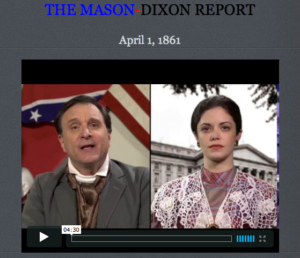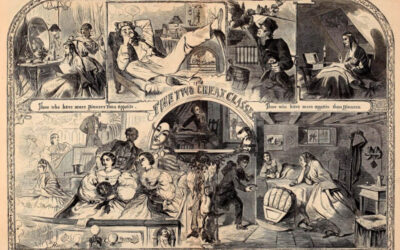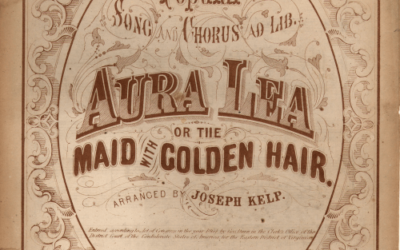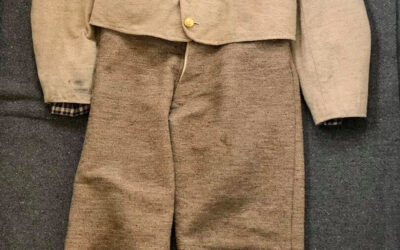EDITORS NOTE: This is a guest post about a website that I recently found and thought was very interesting. Let me know what you think and how you can have your students create a newscast from a part of the Civil War.
A casual study of history teaches our students one indisputable fact:
Kids today are much smarter than all those guys who lived in the past.
And they can prove this by reading a couple of chapters of any history textbook. A quick study and they’ve got a clear understanding not only of what happened but why. They know the cause behind every effect and the pattern binding together incidents that once seemed random.
They couldn’t do that back then, could they?
Because our students are so much smarter than those old-timers, they can look back and see that the invention of the cotton gin led to an increase in cotton cultivation, which led to a need for more cheap labor, which led to an increased reliance on the institution of slavery, which exacerbated the cultural and political divide between North and South, which eventually brought about the Civil War.
Or maybe the experience of living through a period of time is fundamentally different from that of looking back on it from a distance. And maybe any historical presentation, by virtue of its own necessary organization, removes essential qualities of human existence. History, like other great art forms, seeks to turn chaos into order – and order is the last thing we see in our own lives.
I think this is one reason why so many high school students have such little interest in history. They can’t make a connection with the people who the books tell them lived lives so completely different from their own.
That disconnect is what led Steve Ecclesine and me to create our original web series, The Mason-Dixon Report. We wanted to strip the History out of the Civil War and give our viewers a sense of what it’s like to live in a time when no one knows if the country will survive another day.
The concept of our web series is simple: Cable news existed in 1861, and this was the flagship series. And it turns out that 19th-century cable news looks a lot like todays. We’ve got a host who gets the news of the day from our regular reporter and then turns to a rotating panel of pundits, politicians, and consultants to explore the meaning of what just happened. This is how we’re used to hearing the news, and the contemporary format strips away many levels of historical varnish.
What’s most important to us on The Mason Dixon Report. is that we never know what’s going to happen next. We don’t know who is going to live or die, which side will win or lose, and which tiny detail will turn out to be a crucial turning point. Mostly what we hope to show is what it’s like to live through historical events before they become History. We want the passionate engagement you only get from people whose life or death depends on what’s going to happen next week and next month and next year. We want our audience to wait breathlessly on July 2, 2013,for the next day’s report to find out who is going to win this massive engagement at Gettysburg, and we want them to feel the horror two days later when they realize how many men have died there.
We are just rolling out the “pilot” episodes for our series now, and we’re excited to find out what people who teach history think about it. But while we’re waiting for feedback from teachers, we have faced what I believe will be our toughest audience – a group of teenage boys. And what we heard from them were the three words that told us we had succeeded:
“Then what happens?”

William Rabkin, formerly executive producer of Diagnosis Murder, Martial Law and Missing is the head writer and (with Steve Ecclesine) executive producer of The Mason Dixon Report.




0 Comments